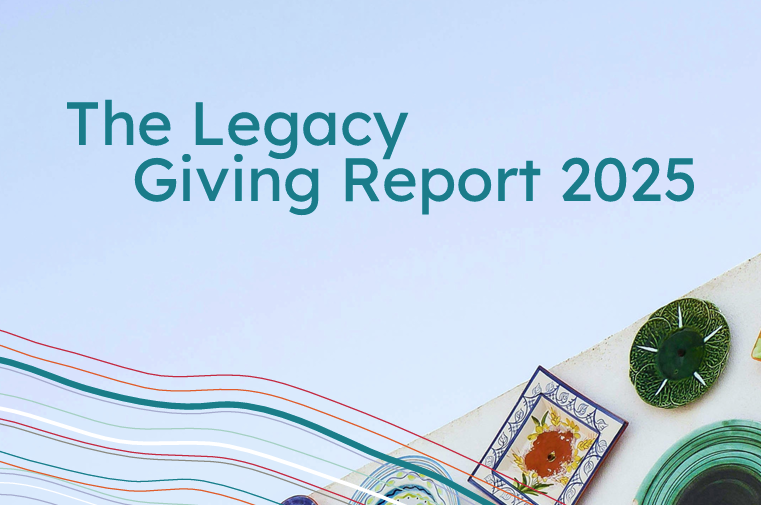Funders are being urged to adopt HM Treasury measurements that put a value on people’s wellbeing to assess the effectiveness of charity projects they are backing.
The call has been made in a report by think tank PBE, which this week changed its name from Pro Bono Economics.
Its report is based on evaluation of Spirit of 2012 Olympics and Paralympics charitable programmes where such monetary measurement of wellbeing was used to assess impact.
Women’s social action initiative EmpoweHER was among programmes looked at. Using Treasury valuations of wellbeing this delivered £5 of benefits for every
£1 spent.
Another was disability programme Get Out Get Active (GOGA), which delivered £3.70 of wellbeing benefits for each £1 invested.
Meanwhile, surf therapy youth mental health scheme City To Sea also delivered benefits that outweigh costs.
For its calculations the Treasury measures the amount of wellbeing gained from each intervention. According to this a one-point improvement in the Office of National Statistics (ONS) Life Satisfaction measure that is sustained for a year is considered a ‘Wellbeing Adjusted Life Year (WELLBY) and valued at £15,900 in 2025.
PBE points out that that his value “does not represent a direct financial gain. Instead, it serves as a measure of how much an improvement on the life satisfaction scale is valued for use in government analysis”.
"Funders can use wellbeing measurement for robust, insightful and proportionate impact measurement,” said Jon Franklin, chief economist at PBE.
He adds that the think tank’s findings add “to a growing credible evaluation movement whereby more and more funders and social sector organisations are applying monetary value to increases in wellbeing to assess policies and interventions”.
“With practical tools, considered support, and a focus on measuring people’s lived experience, funders and policymakers can make smarter investment decisions that are evidence-based and impact-focused,” he said.
Latest News
-
Church charity failed vulnerable volunteer over ‘large donation’, says regulator
-
Probe launches into finances of football club charity
-
Case study: What 17 years of partnership can achieve in the charity sector
-
Christian donors’ giving falls over the last year
-
Alison Dunn: Why geography still decides which charities survive
-
Regulator’s church probe in York sparks further investigation
Charity Times video Q&A: In conversation with Hilda Hayo, CEO of Dementia UK
Charity Times editor, Lauren Weymouth, is joined by Dementia UK CEO, Hilda Hayo to discuss why the charity receives such high workplace satisfaction results, what a positive working culture looks like and the importance of lived experience among staff. The pair talk about challenges facing the charity, the impact felt by the pandemic and how it's striving to overcome obstacles and continue to be a highly impactful organisation for anybody affected by dementia.
Charity Times Awards 2023
Mitigating risk and reducing claims

The cost-of-living crisis is impacting charities in a number of ways, including the risks they take. Endsleigh Insurance’s* senior risk management consultant Scott Crichton joins Charity Times to discuss the ramifications of prioritising certain types of risk over others, the financial implications risk can have if not managed properly, and tips for charities to help manage those risks.
* Coming soon… Howden, the new name for Endsleigh.
* Coming soon… Howden, the new name for Endsleigh.
Better Society

© 2021 Perspective Publishing Privacy & Cookies













Recent Stories